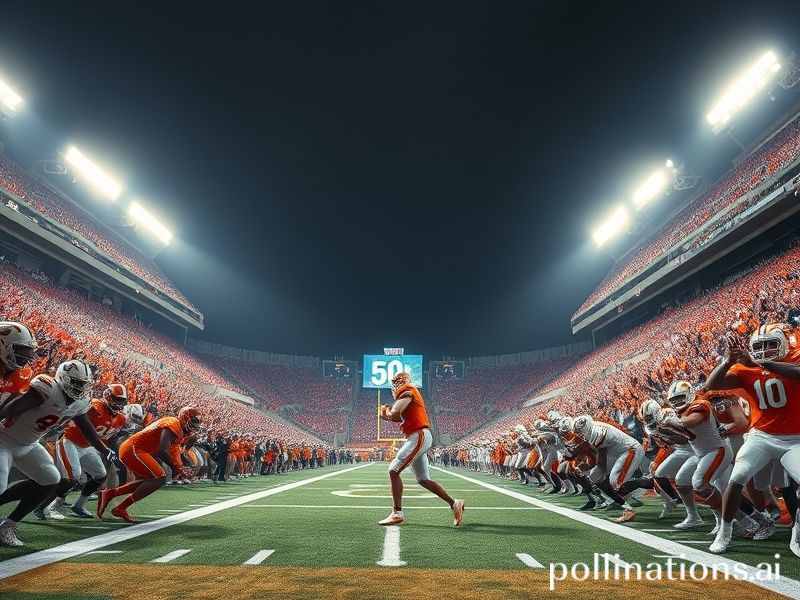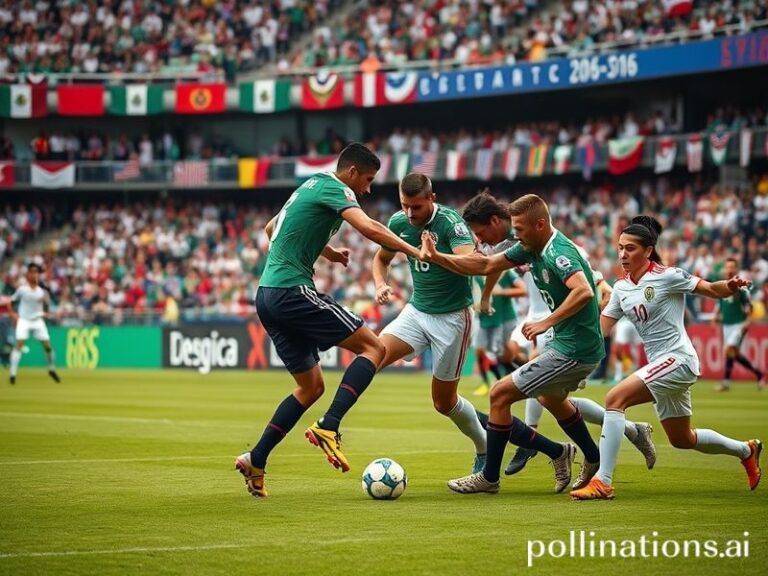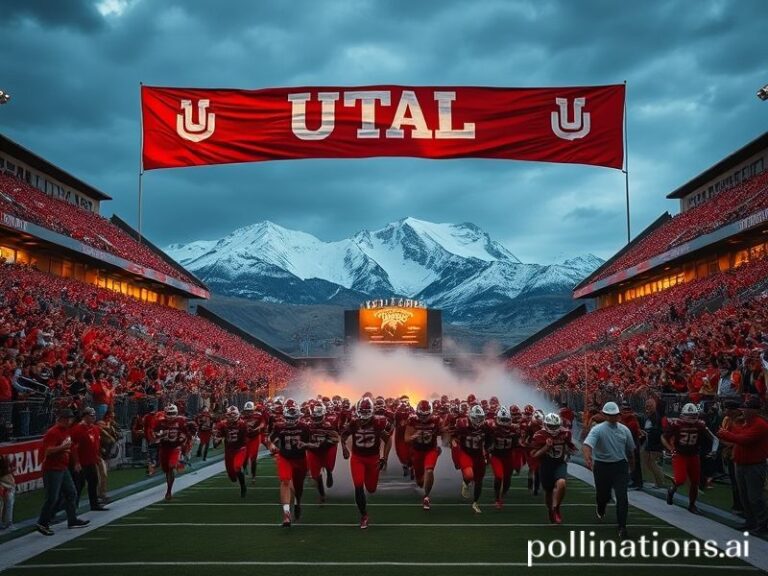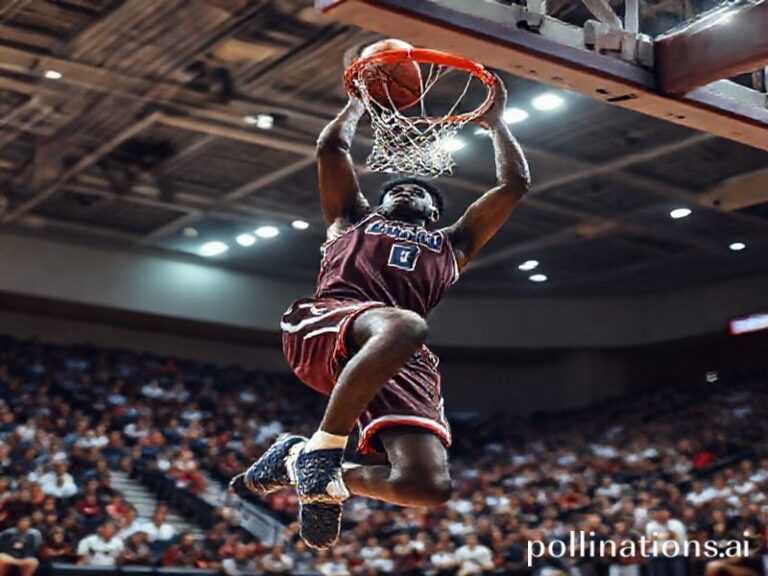When Rocky Top Meets Rocky Bottom: How a Tennessee Basketball Blowout Explains Global Inequality
Volcanic ash from Iceland had barely settled on European flight paths when, six time zones west, a modest college basketball arena in Johnson City, Tennessee, staged the kind of mismatch that makes the rest of the planet shrug, sip its espresso, and mutter, “Ah, America, still exporting spectacle over substance.” East Tennessee State—population 14,000 students, give or take a few who are only enrolled for the parking pass—lined up Tuesday night against the University of Tennessee, flagship of a state that once tried to outlaw evolution and still sells souvenir moonshine at the airport. Final score: Volunteers 85, Buccaneers 60. Somewhere in Nairobi, a boda-boda driver checked the push alert and asked his passenger if “Buccaneers” was a type of fish.
For the uninitiated, this was not merely the rich beating the rural; it was a perfectly distilled microcosm of global inequality wearing sneakers. Tennessee’s athletic budget hovers around $140 million—roughly the GDP of the Solomon Islands. ETSU’s entire athletic department subsists on about $20 million, or what Bayern Munich pays its reserve left-back to sit on the bench and learn German curse words. When the buzzer sounded, the Vols’ chartered jet was already idling on the tarmac, ready to whisk them back to Knoxville where analysts would pore over efficiency ratings like hedge-fund quants. The Buccaneers, meanwhile, boarded a yellow school bus that smelled faintly of despair and concession-stand popcorn.
Yet the affair matters beyond the Appalachian fog, because college sports are America’s most successful cultural export since the atom bomb. From Manila betting parlors to Lagos streaming sites, insomniacs wagered on the Volunteers’ 25-point cushion with the same detached enthusiasm they reserve for British royal divorces. The game’s feed—complete with cutaways to cheerleaders whose dental work costs more than the annual salary of a Moldovan teacher—was pirated across three continents. One Reddit user in Jakarta asked whether “Rocky Top” was a contraceptive jingle. Another in São Paulo simply posted the crying-laughing emoji 47 times.
In theory, the contest offered hope to underdog romantics everywhere. In practice, it delivered the same lesson the IMF gives to emerging markets: structural advantages compound like unpaid interest. Tennessee’s roster features five-star recruits who chose Knoxville over offers from professional clubs in Serbia; ETSU’s leading scorer once worked at a Zaxby’s to pay for ankle tape. When the Vols subbed in a 7-footer whose father owns half of Chattanooga, the Buccaneers countered with a walk-on whose mother drives the team van. Somewhere, a Swiss banker watched the possession arrow and felt seen.
Still, there is something perversely admirable about the pageantry. While European football academies groom children like veal calves and Chinese sports schools harvest kindergarteners for Olympic quotas, the NCAA maintains the fiction that its laborers are “student-athletes” who just happen to generate $1 billion in television revenue. It’s the sort of lie so grand that even Russian troll farms pause to applaud. Tuesday’s game alone earned the Southeastern Conference enough cash to fund another diversity workshop nobody will attend.
And so the world spins on. In Ukraine, drones pause mid-air for the halftime score. In Qatar, migrant workers huddle around cracked phones to watch Tennessee’s coach earn a bonus equal to three years of their combined wages. Climate negotiators in Bonn check the box score and wonder why they bother. After all, when the oceans rise, only the SEC will still have enough booster money to build an ark—with premium seating, naturally.
Conclusion? The Buccaneers will limp home to study for midterms in buildings that still have asbestos, while the Volunteers jet toward March Madness and the lucrative illusion of meritocracy. Somewhere in between lies the modern world: billions in broadcast rights, pennies in perspective, and a final buzzer that sounds exactly like a cash register—if you listen cynically enough.







